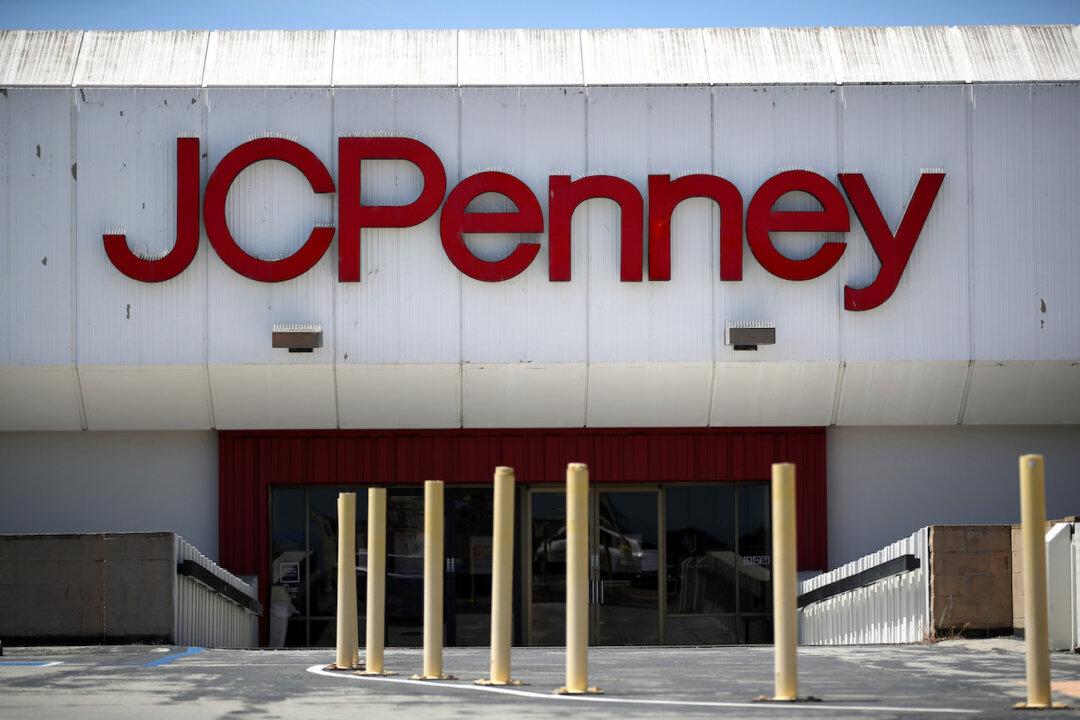JCPenney will close another 13 stores for good.
The department store chain, which filed for bankruptcy last month, is inching toward its target of closing 250 stores—about 30 percent of its network of 846 locations.

JCPenney will close another 13 stores for good.
The department store chain, which filed for bankruptcy last month, is inching toward its target of closing 250 stores—about 30 percent of its network of 846 locations.